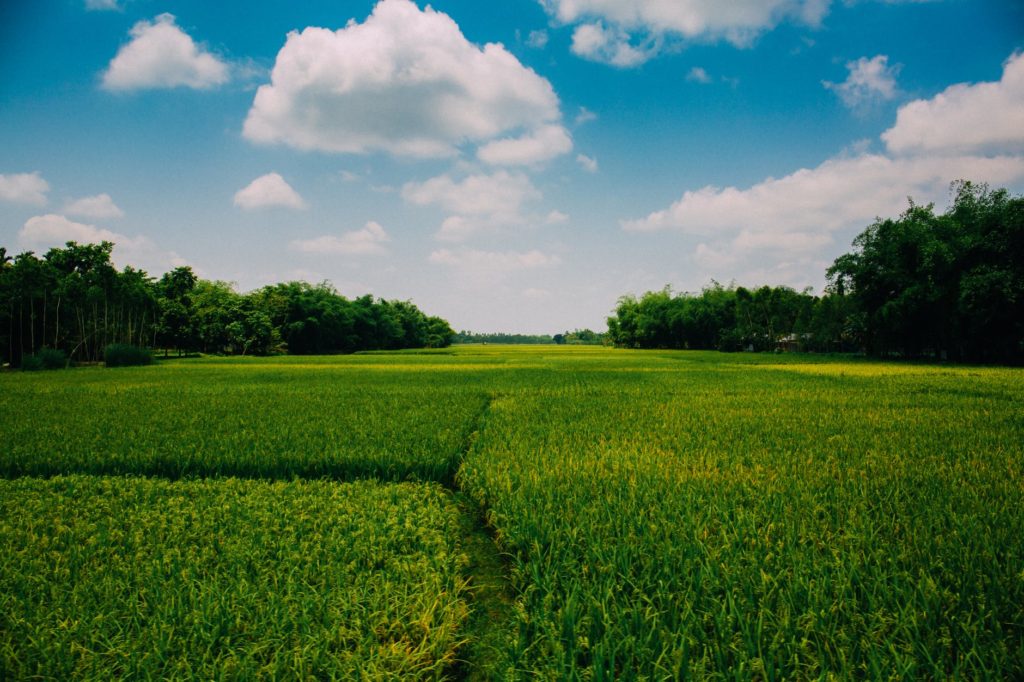
I am a farmer, for Health, and a farmer for Wealth. This article I found combines both mindsets and why it works.
For instance, Walmart implemented a new policy that now requires its suppliers of lettuce, spinach and other green farms to join food tracking blockchain network. Using a QR code simplifies and speeds up process. Less down time for veggies and farmers can maximize time and energy and maybe increase bottom line.
Another use for Farmers. Land Registration. For example, in the Asia-Pacific region smart contracts on a blockchain network can automate and simplify insurance payouts. This would help farmers more easily facilitate payouts for natural disasters. In addition, these contracts would update continuously as reliable data entered on weather and soil yields. Blockchain technology would provide governments of an incorruptible ledger of land records which is especially useful in rural and poor areas.
Government Distribution. The most prominent example of blockchain increasing transparency is with the United Nations Development Programme where they use the machinery for fertilizer subsidy disbursements to farmers. In India, it is estimated that $700 million is being paid in bribes across land registrars, and the industry as a whole is filled with corruption. However, the UN hopes this project can be scaled to an even larger scale where the technology is used to help farmers in developing nations reclaim their property after national disasters.
Overfishing. Environmentalists and sustainable agriculturalists see a future where this automation tracks illegal fishing practices across a region. Already New Zealand partnered with the World WildLife fund in starting a pilot project to eliminate human rights abuse and unlawful fishing in the Pacific Islands’ tuna industry. The fish will be tracked from vessel to market, and similar to the IBM partnership with Barilla, customers have access to all the details of the product through a QR code.
Hesitations. Sarah Taber, a crop scientist from Fayateville, North Carolina is an auditor for vegetable and fruit growers and explains the problem, “In agriculture, there’s kind of a big fuzzy zone between bad record keeping and outright fraud.” There are some who believe the problem of food outbreaks is unsolvable without blockchain technology. The farm workers are the most capable of spotting outbreaks and reporting them. However, due to the immigration raids, most farmers are worry about the consequences. Taber, who was a farm worker before becoming a crop scientist, illustrates the dilemma well when she says, “They’re clearly telling us ‘we’re dysfunctional’ [but]what everybody’s hearing is ‘oh we need better tools. ’”
….taken from Omari Caldwell – a journalist that specializes in tech, culture, politics and sports. He stays in New Orleans, LA where he attends Loyola University, studying History and Political Science and Spanish.
https://businessblockchainhq.com/blockchain-trends/agriculture-industry-promoting-blockchain-technology/
